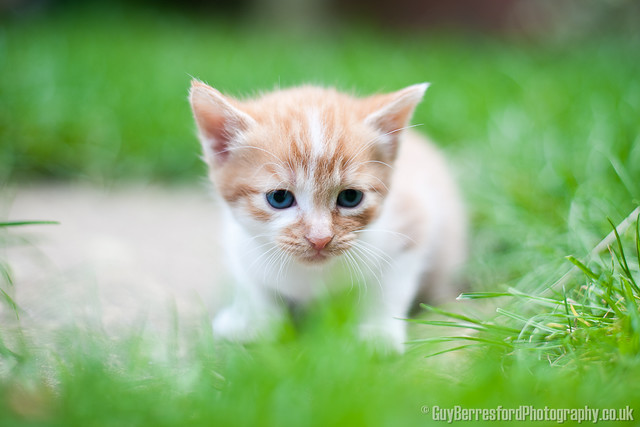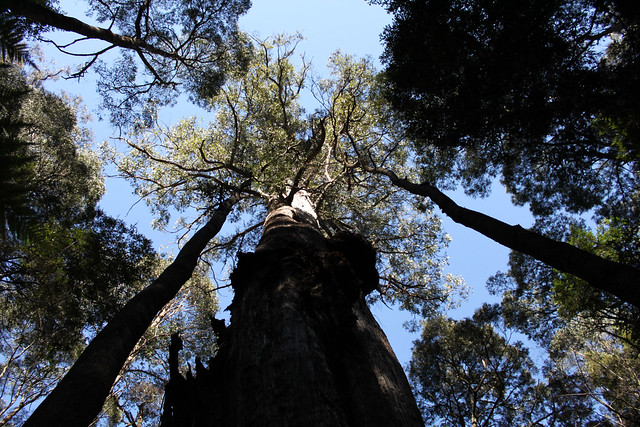Words for low and related things in Celtic languages.
| Proto-Celtic | *ɸīsselos = low |
|---|---|
| Old Irish (Goídelc) | ísel [ˈiːsʲel] = low ísle – lowness ísligidir = to lower, to humble |
| Middle Irish (Gaoidhealg) | isil, ísel = low, low-laying, of low stature, hollow, the depths ísle – lowness, lowliness, humility, meanness, depression ísligidir = lower, brings, low, humbles |
| Irish (Gaeilge) | íseal [ˈiːʃəlˠ] = low, low-lying, lowly person ísealaicme = lower class, lower order ísealchéim = low step, low rank, low degree ísealchríoch = low land |
| Scottish Gaelic (Gàidhlig) | ìosal [iəsəl̪ˠ] = low, humble, mean lowly os ìosal = secret, covert, quietly gu h-ìosal = below ìseal [iːʃəl̪ˠ] = low, commoner |
| Manx (Gaelg) | ishil = low injil = low, low-necked, low-lying, low-level, low down, low-built, low-pitched, low-grade, common (vulgar), depressed, subdued, subaltern inshley = lower, minimum, nether injilaghey = to change down, condescend, cut down, depress, humiliate |
| Middle Welsh (Kymraec) | isel, issel = low iselir, isely, iselu = to make low, lower iselder = lowness, meekness, modesty, humility iselfryd, issel-fryd, isel-fryd = humble-minded, meek, lowly, modest |
| Welsh (Cymraeg) | isel [ˈɨ̞sɛl / ˈiːsɛl / ˈɪsɛl] = low, low down, low-lying, low-flying; lower than the average or usual level, running low, shallow (water, lake) iselaf, iselu = to make low, lower, debase, disparage, subdue iselder = lowness, meekness, modesty, humility; depth Iseldiroedd = the Netherlands Iseldiraidd = Dutch (adj) Iseldireg = Dutch (language) isel(-)fryd = humble-minded, meek, lowly, modest |
| Middle Cornish (CerneweC) | isel, yssel, ysel = low, humble, lowly iseldor = the lowest or deepest part, the bottom isella = lowest |
| Cornish (Kernewek) | isel [‘izɛl / ‘izɐl] = low, modest, vulgar; soft Iseldiryek = Dutch (language) iseldiryek = Dutch (adj) Iseldiryow = the Netherlands iselhe = to decrease, lower iselheans = decrease, lowering iselella = inferior, lower, lowest iselweyth = depression |
| Old Breton | isel = low |
| Middle Breton (Brezonec) | jsel, isel = low, humble izellât, iseléet, izelaat = to lower, go down izelec, izelleq = modest, poor, humble |
| Breton (Brezhoneg) | izel = low izelaat = to lower, go down izelder = baseness, base act izelegezh = humility, modesty izelek = modest izelenn = depression izelfenn = to imply |
Etymology: from Proto-Indo-European pedsú, from *pṓds (foot), from *ped- (to walk, step) [source].
Words from the same roots include síos (down, downwards) in Irish, shìos (down, below) in Scottish Gaelic, sheese (below, down, downward) in Manx, is (under, underneath, beneath, below, lower than) in Welsh, a-is (below, lower) in Cornish, is (under, below, inferior) in Breton, foot in English, and pied (foot) in French [source].
Words marked with a * are reconstructions.
Sources: Wiktionary, Am Faclair Beag, Online Manx Dictionary, Teanglann.ie, eDIL – Electronic Dictionary of the Irish Language, In Dúil Bélrai English – Old Irish glossary, Geiriadur Prifysgol Cymru, Gerlyver Kernewek, Dictionaire Favereau, TermOfis, English – ProtoCeltic WordList (PDF), Etymological Dictionary Of Proto Celtic







